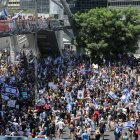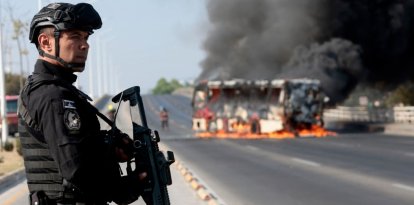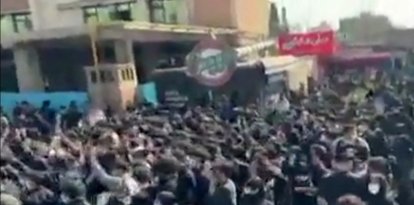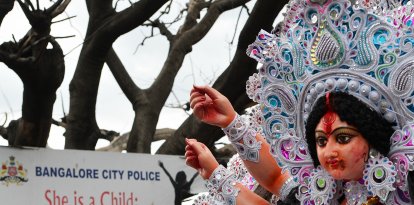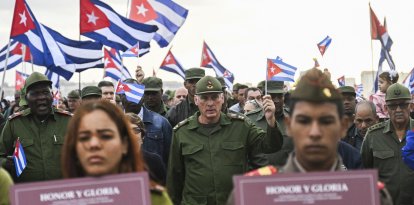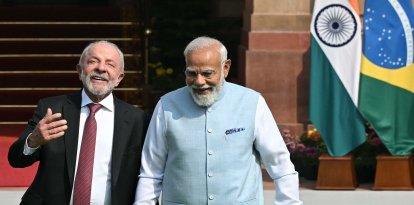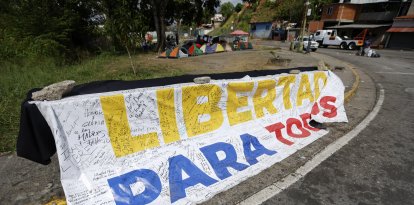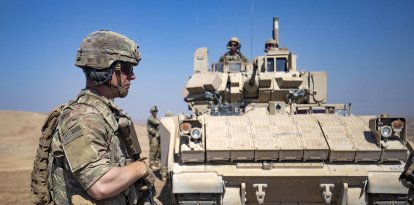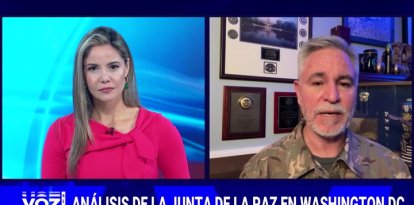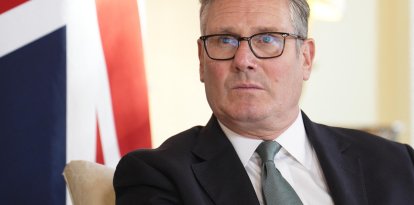Netanyahu does not give in to protests as international criticism against him grows
The Israeli Prime Minister assured that he will not comply with the terrorists' demands to free the hostages. Abandoning the Philadelphi corridor would result in the creation of "a monster," he said.
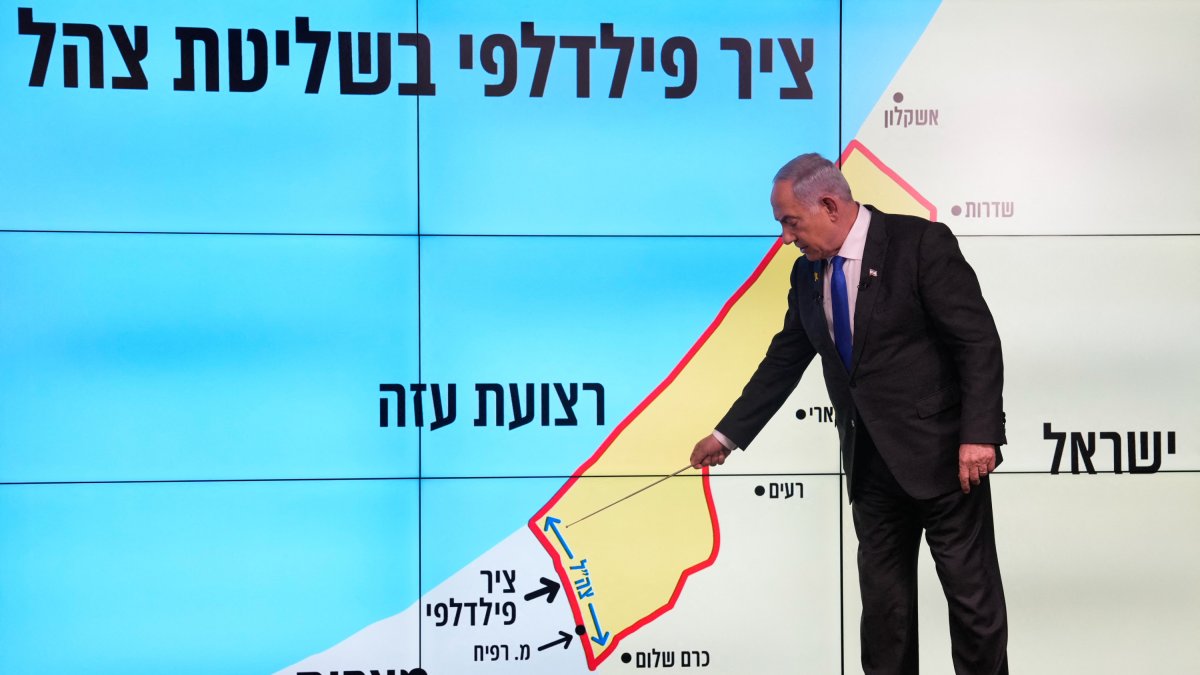
Benjamin Netanyahu, pointing to the Philadelphi corridor
Israeli Prime Minister Benjamin Netanyahu, rejected Hamas' request to withdraw troops from the Philadelphi corridor, arguing that if they do not maintain their presence in the area, "a monster is created," a reference to the strength the terror group would gain with Iran's help.
"It is the oxygen and weaponry pipeline for Hamas. When we left Gaza and the Philadelphi corridor, the Gaza-Egypt border, there was no barrier to the mass entry of weaponry and machinery for weapons production and digging tunnels, all with Iranian sponsorship. If we don't have the corridor, it creates a monster," Netanyahu told a press conference.
The withdrawal of troops from the Philadelphi corridor is one of the conditions Hamas has put on the table for the release of hostages. "No one is more committed to the release of the hostages than I am. No one lectures me on this issue," the Israeli prime minister added. Other clauses demanded by the terrorists are the end of the war they started with the October 7 attacks and the release of Palestinian prisoners.
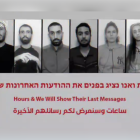
World
Hamas releases propaganda video showing the six hostages before they were killed
Emmanuel Alejandro Rondón
Apart from the safe recovery of the hostages still held by Hamas, Netanyahu reiterated that the other two major objectives are to end the terrorist group and ensure that Gaza is not a threat in the future.
Biden says Netanyahu is not doing enough to get the hostages released
Meanwhile, the international community criticized Netanyahu for his position. The first to do so was Joe Biden, who, with a terse "no," responded to the question of whether he believed the Israeli prime minister is doing enough to secure the hostages' release.
It was from the UK that the toughest action against the Israelis came. Keir Starmer's government suspended several of the licenses for arms sales to Israel, claiming it poses "a clear risk" that it could commit "a serious breach of international humanitarian law."
"The assessment I have received leaves me unable to conclude anything other than that for certain UK arms exports to Israel, there does exist a clear risk they might be used to commit or facilitate a serious violation on international humanitarian law," said Secretary of State for Foreign, Commonwealth and Development David Lammy.
What is the Philadelphi corridor?
The Philadelphi Corridor is a strategic location located south of the Gaza Strip, on the border with Egypt, close to the city of Rafah. Although it has no adjoining territory, Israel shares with Egypt the dominance of the area militarily since 2005. The Egyptians have military deployed on their side and the Israelis on the other.
The main purpose of this route is to "contain terrorism, arms smuggling from Egypt into Gaza and infiltration of criminal activities." An aim that was signed in the Philadelphia Agreement in 2005.
Two years later, with the rise of Hamas in the Gaza Strip, certain tunnels were built near the corridor, through which the Israeli government claims the weapons used by the terrorists to carry out the October 7 massacre entered illegally.
Following the attacks, Netanyahu reaffirmed his position that the Philadelphi corridor "must be in our hands and must be closed," to prevent terrorists from obtaining weaponry and other useful resources with which to undertake further bombings and attacks.
The protests against Netanyahu
Meanwhile, the protests in Israel against the Netanyahu government continue. In recent days, demonstrators - called by the opposition and trade unions - have taken to the streets of major cities after the Israel Defense Forces (IDF) recovered, lifeless, the bodies of six of the hostages kidnapped by Hamas.
The protests evolved into a general strike called by the Histadrut labor unionto "unite the nation in a common cry to bring back the hostages," in the words of its chairman, Arnon Bar-David.





